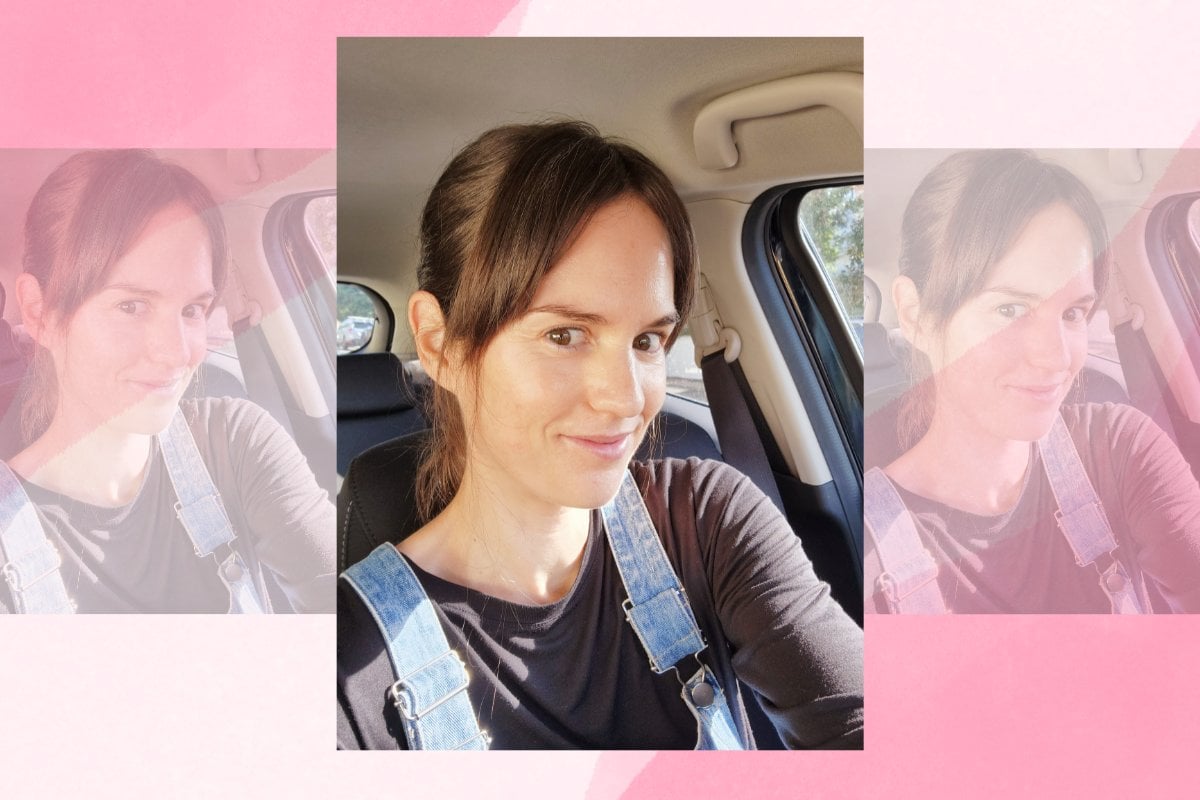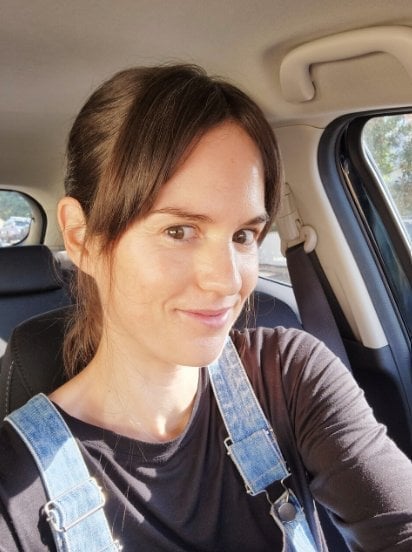
It feels like everyone is talking about peri and menopause, doesn’t it? It’s certainly in the zeitgeist. Zeitgeist or not, there are a lot of worried women.
I’m 43 and in menopause. I want to offer an alternative lens through which to ponder the historically rooted, ugly, fearful narrative that too often accompanies menopause.
In light of the significant advocacy of prominent women I’ll coin Peri Pioneers and Menopause Mentors (Mia Freedman being one of them), ‘peri’ and menopause now reside in our everyday lingo.
Women are claiming space. Women’s health, hormones and fertility are claiming airtime. About time. However, there’s a tricky paradox here.
For centuries, women’s health has lived in the shadows of a patriarchal medical system operating through a male lens.
Watch: Ask Mia Anything | Perimenopause. Story continues after video.
Yet as women’s health claims space in social consciousness, the abundance of commentary around peri and menopause has the potential to create collective anxiety. And it has. There is an anxious aura around menopause among women of all ages. Inevitably, this has fuelled a burgeoning ‘menopause industry’ of products, podcasts and potions. And profit. Call me cynical. I am.


Top Comments